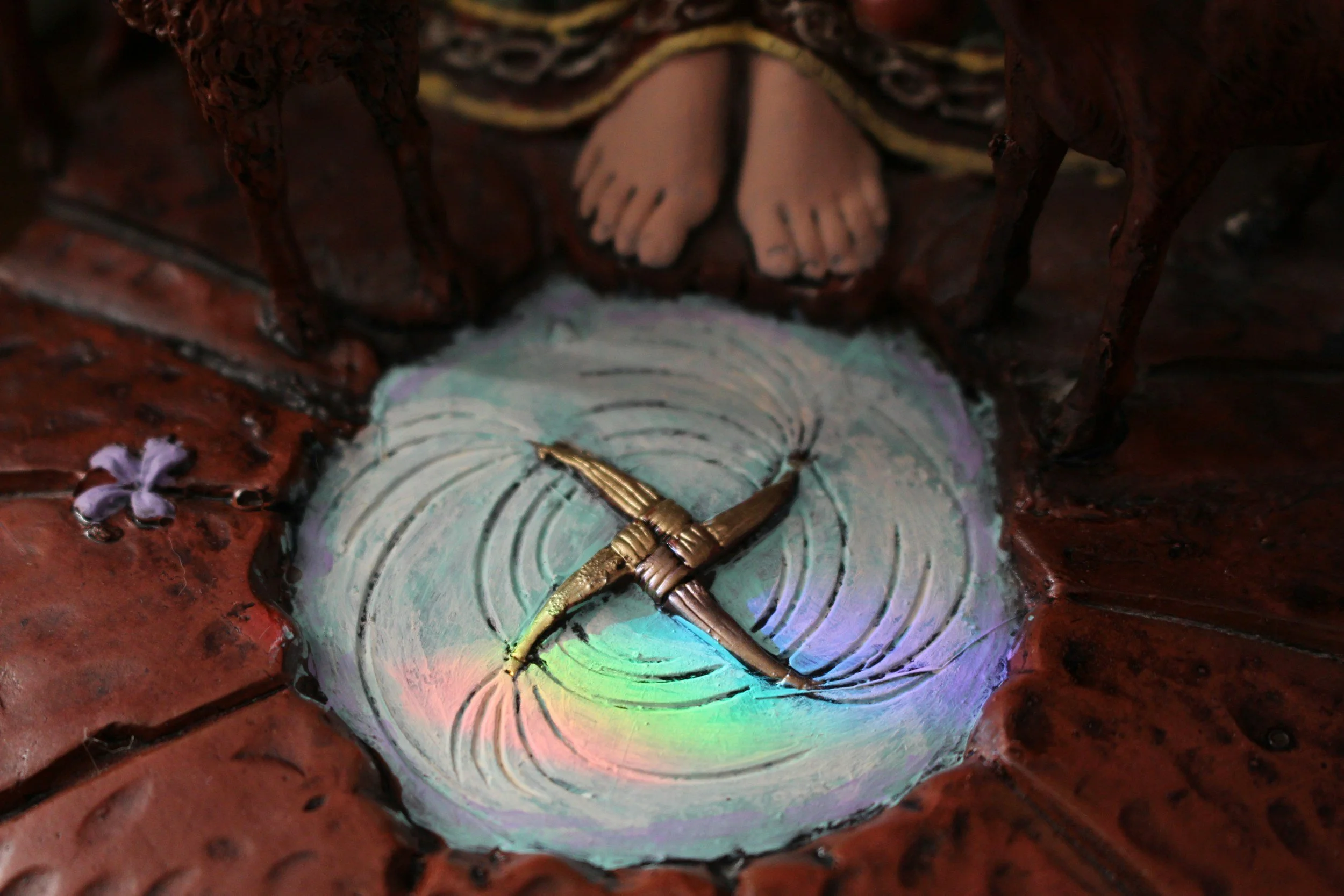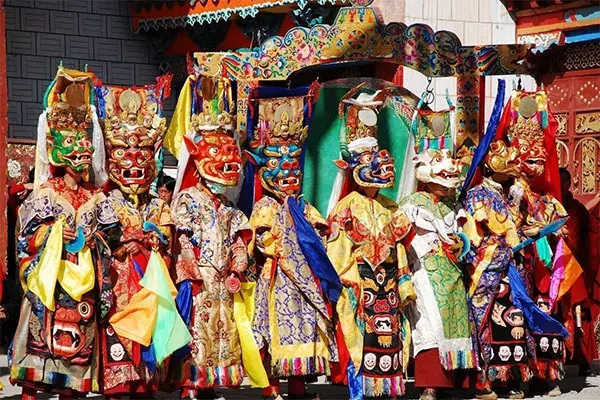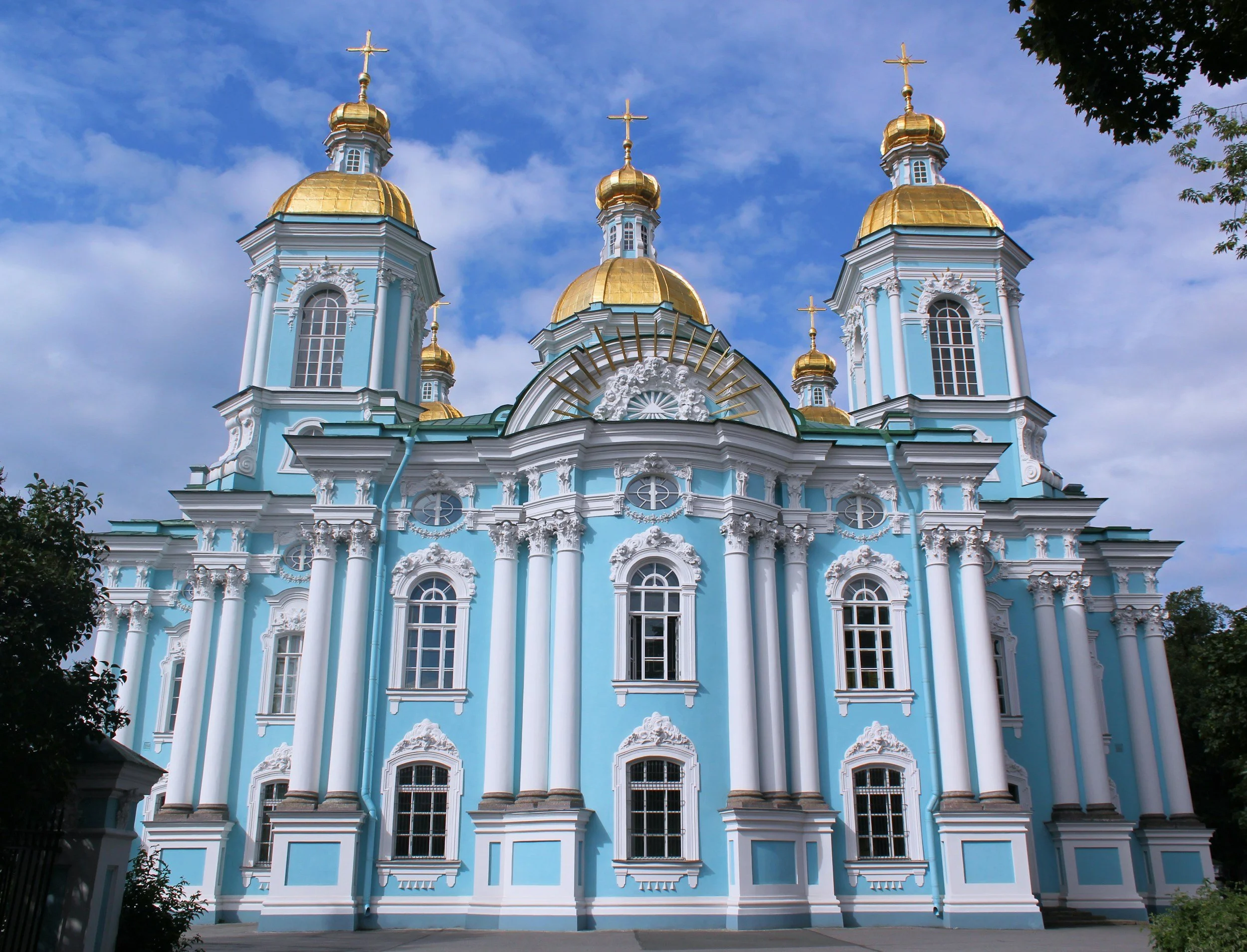Upcoming Religious Holidays
Imbolc is a Celtic festival celebrated in Wicca and Paganism that marks the midpoint between the winter solstice and the spring equinox, symbolizing the return of light and the early signs of spring. Traditionally associated with the goddess Brigid, it focuses on themes of renewal, purification, and new beginnings, often observed with candle lighting and household blessings.
Tu Bishvat is a Jewish holiday known as the “New Year of the Trees,” marking the beginning of the agricultural year for fruit-bearing trees in Israel. It is traditionally celebrated by eating fruits and nuts—especially those associated with the land of Israel—and by reflecting on environmental stewardship and renewal.
Nirvana Day, also known as Parinirvana Day, is a Buddhist observance commemorating the death of the Buddha and his final entry into Parinirvana, the state of complete liberation from the cycle of rebirth. It is typically marked by meditation, temple visits, and reflection on impermanence, compassion, and the Buddha’s teachings.
Maha Shivaratri is a Hindu festival dedicated to Lord Shiva, observed through night-long worship, fasting, and meditation to honor his divine power and grace. Celebrated with devotion, it symbolizes the triumph of light over darkness and the pursuit of spiritual awakening.
Ramadan is the holiest month in Islam, observed by Muslims worldwide through fasting from dawn to sunset, prayer, reflection, and acts of charity. It commemorates the revelation of the Quran to Prophet Muhammad and emphasizes spiritual growth, self-discipline, and community.
Losar is the Tibetan Buddhist New Year festival, marking the beginning of the lunar calendar year and celebrating renewal, purification, and good fortune. It is observed with prayers, rituals to dispel negative energies, family gatherings, traditional foods, and cultural performances that honor both spiritual and community life.
Ash Wednesday marks the beginning of Lent in the Christian tradition, a period of 40 days of fasting, prayer, and repentance leading up to Easter. It is observed by receiving ashes on the forehead as a symbol of humility, mortality, and the call to spiritual renewal.
Beginning on Ash Wednesday and ending at sundown on Holy Thursday, Lent is a 40-day period devoted to prayer, fasting, and almsgiving. It invites Christians to prepare their hearts for the celebration of the Lord’s Resurrection at Easter. Common practices include fasting on designated days, simplifying daily routines, and intentionally serving others.
Clean Monday is the first day of Great Lent in the Eastern Orthodox Christian tradition and marks the beginning of a period of fasting and spiritual renewal. It is traditionally observed with special prayers, strict fasting, and symbolic acts of purification, emphasizing repentance and preparation for the celebration of Pascha (Easter).









